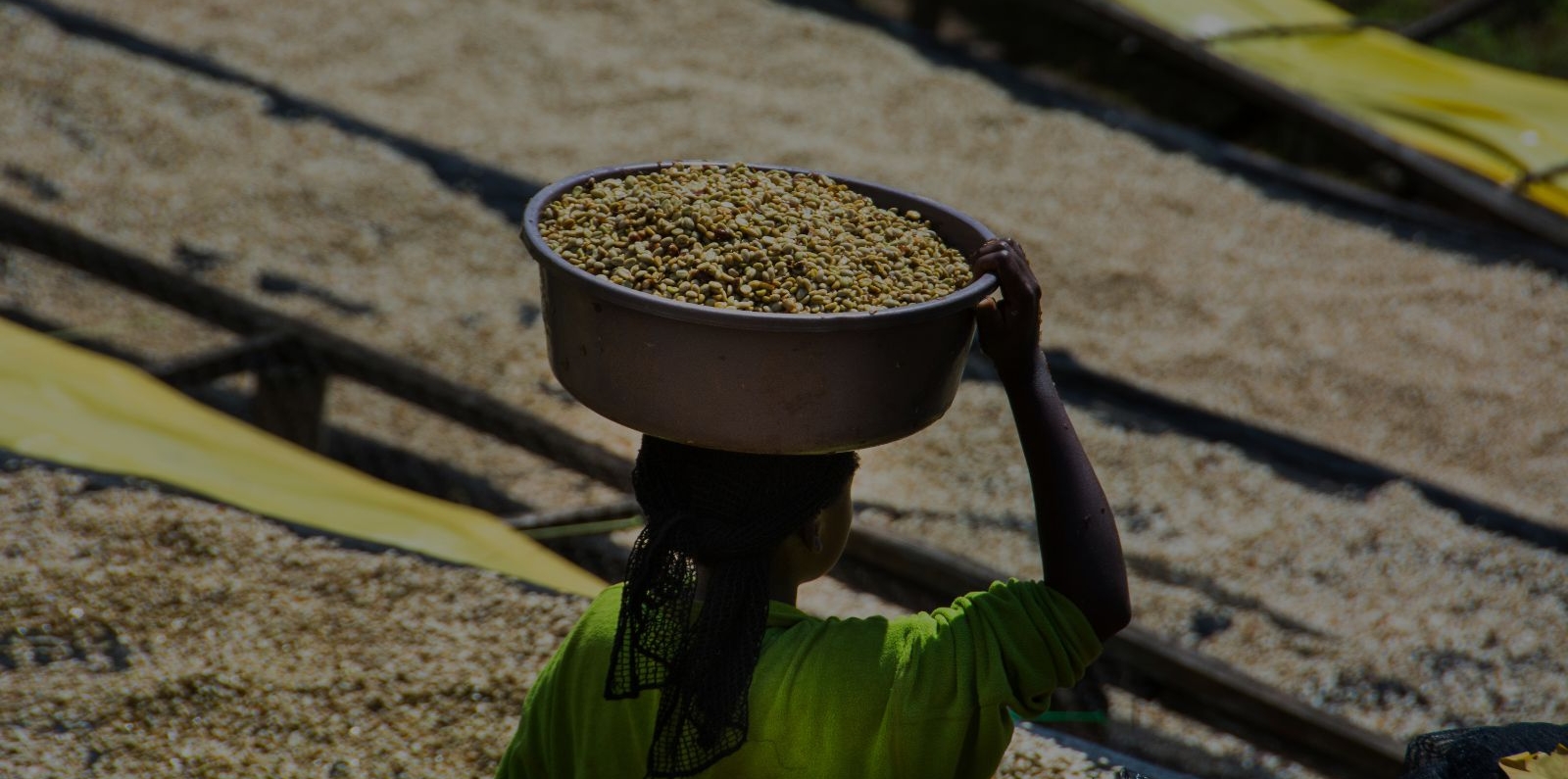About the Project
Rwanda, a densely populated landlocked country in central Africa, heavily relies on agriculture, which accounts for 30% of the GDP and employs 68% of the population. Despite improvements, 20.6% of households are food insecure, with high reliance on the market for food purchases. Cassava, a staple crop, is crucial in addressing food security challenges, especially in regions prone to droughts. Rising food prices, exacerbated by the COVID-19 pandemic and global conflicts, pose significant challenges, particularly for farming households. The proposed project aims to enhance the resilience of cassava smallholder farmers by increasing productivity, promoting climate resilience, and improving livelihoods. Access to improved cassava seeds and agronomic practices can boost yields, while building adaptation capacity is essential for sustaining production in the face of climate change. Empowering women, girls, and youth in agricultural value chains, including cassava, is crucial for fostering inclusivity and equality. The project aims to support farmers in navigating crises and improving food security and livelihoods, with a focus on sustainable outcomes through strengthened governance systems of the farmers' syndicate.
The INGABO Farmers’ Syndicate, with 16,051 members, mainly consists of smallholder farmers, with a significant portion being women and young farmers. Operating in high cassava-growing regions of Rwanda, the syndicate organizes its members into 28 farmer cooperatives to provide various services and support, including advisory services, communal farming, and marketing assistance. However, management and leadership challenges have hindered cooperative effectiveness. The syndicate focuses on capacity development to address these issues.
Country
- Rwanda
Project Status
ActiveFunding
Producer Organization-led projectSupervising entity
- IFAD
